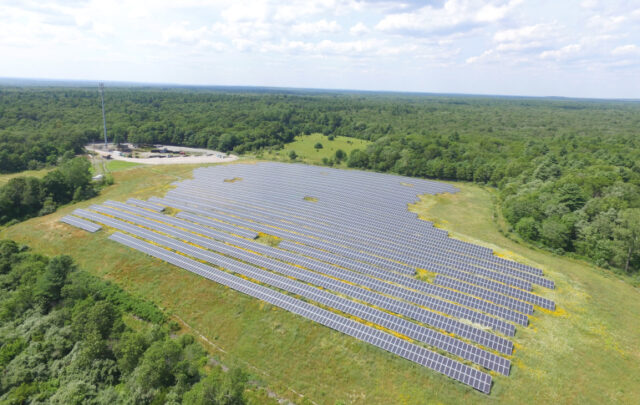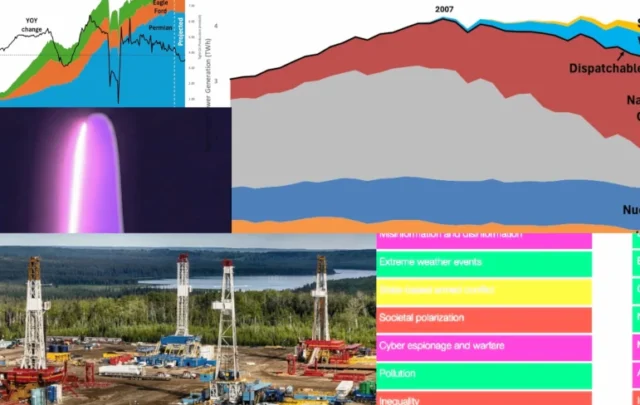NOTE: Images in this archived article have been removed.

If you go to the executive summary of the 2009 International Energy Agency World Energy Outlook, and search for “peak oil”, your browser will come up empty. The whole subject was so beneath the dignity of a serious energy agency that they didn’t even bother mentioning it.
However, yesterday, the 2010 IEA World Energy Outlook became available. And if you repeat the exercise in that executive summary, you will come upon a section titled:
Will peak oil be a guest or the spectre at the feast?
Followed by an explicit discussion of the whole question. The IEA’s position is summarized in the graph above – conventional crude oil production has already peaked in 2006! Suddenly, the subject of impending peak has gone from not worthy of discussion to in the past already!
However, all is not lost: in their projections natural gas liquids and unconventional oil production (tar sands, coal-to-liquids, etc) will cause the total liquid production to continue to gradually increase out to 2035.
However, as
last year, but with much more emphasis this year, they note that slow growth in total supply, combined with rapid growth in developing countries, means that developed countries will be using less oil in future:
All this is in their “New Policies” central scenario. This assumes, roughly, that governments make some real, if halting, efforts towards the commitments they made at the Copenhagen conference.
Alas, if you rely on the New York Times, you’d still be in the dark. The piece on the report doesn’t make a peep about peak oil (being focussed entirely on the China demand growth aspect of the report, which is admittedly interesting and important).
Anyway, the materials on the World Energy Outlook website are well worth reading in full – the IEA definitely seems increasingly reality-based.
Although there is still this:
I’ll eat my hat if Saudia Arabia is producing 13 million barrels/day in 2035.
























